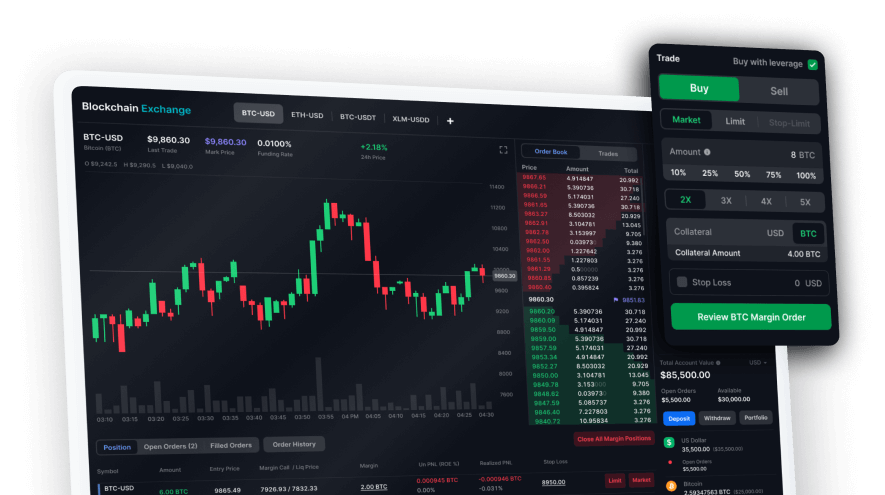











A brief history
Hedera is a fully open-source, proof-of-stake, public network and governing body that allows individuals and businesses to create powerful decentralized applications (DApps). The platform is owned and governed by a council of global organizations including Avery Dennison, Boeing, Deutsche Telekom, DLA Piper, FIS (WorldPay), Google, IBM, LG Electronics, Magalu, Nomura, Swirlds, Tata Communications, University College London (UCL), Wipro, and Zain Group. Hedera offers developers three primary services: Solidity-based smart contracts, consensus, and token services. Hedera is unique in that it is incredibly fast, energy-efficient (carbon negative), and secure. The platform attributes all of these advantages to its underlying hashgraph consensus algorithm. The hashgraph consensus algorithm can process hundreds of thousands of transactions per second in a single shard. Unlike a traditional proof-of-work blockchain, which selects a single miner to choose the next block, the community of nodes running the Hedera hashgraph come to an agreement on which transactions to add to the ledger as a collective.
HBAR in practice
HBAR is the native cryptocurrency of the Hedera public network. HBARs are used to power decentralized applications and protect the network from malicious actors. Developers use HBARs to pay for network services, such as transferring tokens, managing fungible and non-fungible tokens, and logging data. For each transaction submitted to the network, HBARs are also used to compensate network nodes for bandwidth, compute, and storage. Additionally, Hedera’s proof-of-stake public network uses HBARs, which are staked to a network node, to weigh votes on transactions when reaching consensus. By staking HBAR users gain the ability to earn a slice of the rewards and fees these computers receive from processing transactions on the Hedera platform.
